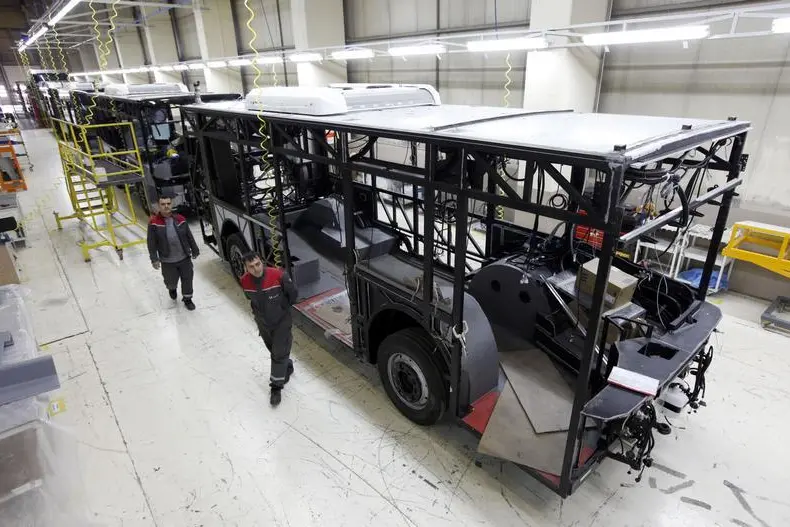
Algeria is moving forward with plans to establish a local bus manufacturing industry as part of its broader strategy to strengthen the domestic automotive sector.
In collaboration with Karwa Motors LLC, a renowned Omani company with expertise in commercial vehicle construction, Algeria aims to set up a production facility that could revolutionize the local manufacturing landscape.
This project reflects the growing interest of foreign investors in Algeria’s automotive sector, which has been undergoing significant transformation in recent years.
The country, once heavily reliant on imports, is now positioning itself as a hub for vehicle assembly and production.
International companies are eager to tap into Algeria’s expanding market, aided by favorable public policies promoting local manufacturing.
The proposed manufacturing unit will focus on the production of buses, fire trucks, heavy-duty vehicles, and school buses.
Discussions between Algerian and Omani officials highlight the long-term goals of not just assembling vehicles, but building an industrial base capable of creating skilled jobs and reducing the country’s dependence on imports of specialized vehicles.
Algeria’s ambition is clear: it seeks to localize production, create a supply chain for local subcontracting, and develop national expertise in the automotive sector.
By establishing this plant, Algeria would not only meet its own transportation needs but also position itself as a key player in trade with other African and Gulf nations.
The collaboration with Karwa Motors, leveraging Oman’s technical know-how alongside Algeria’s skilled workforce, could bring forth a new generation of robust, modern vehicles tailored to the region’s specific demands.
This partnership also aligns with Algeria’s broader goal of industrial sovereignty. By reducing reliance on foreign imports and focusing on local production, the country aims to foster self-sufficiency, enhance its exports, and boost its economic standing within the region.
Should the project move ahead as planned, it could serve as a powerful symbol of Algeria’s industrial renaissance—a testament to the country’s growing confidence in its manufacturing capabilities and its commitment to local development.
The road ahead looks promising, but only time will tell how far this new initiative will drive Algeria towards greater industrial independence.



